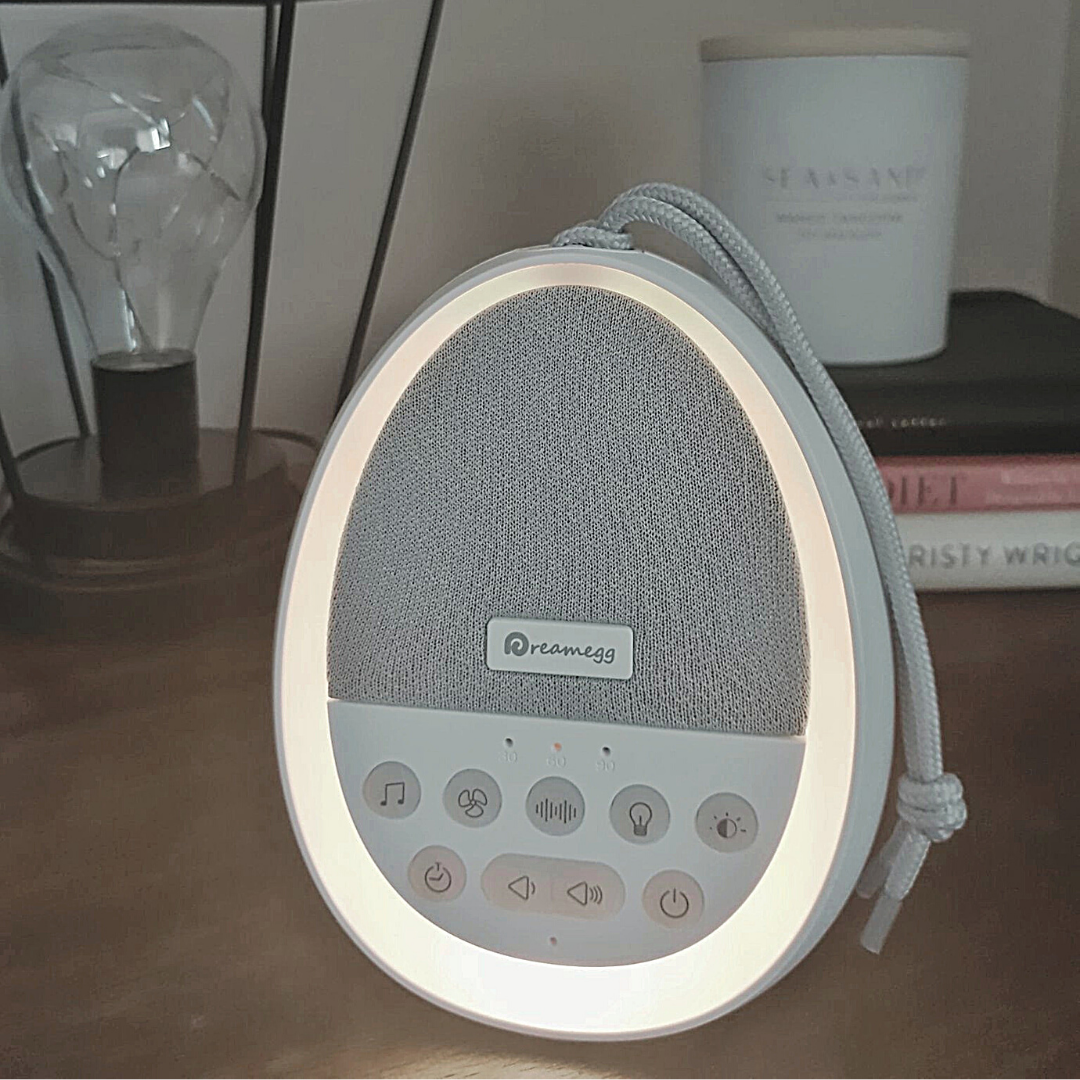|
|Expecting a child can be a truly exciting and memorable time of a woman's life, yet can also bring a sense of fear and worry about the possible complications that can happen during the birthing process.
I have had a personal experience witnessing my sister go through birthing complications and I can remember the shock I felt knowing that there were risks to both my sister and her unborn child. At the time, I was mostly unaware of any birthing complications that could happen during this time, so it was a challenge trying to support and comfort my sister and also understand what was happening at the time. Thankfully, my sister gave birth to a beautiful and healthy baby girl, and also recovered herself.
Considering that birthing complications are actually a lot more common than people may realize, plus the fact that many women are waiting into their 30's or 40's to have children, I am grateful for our guest blogger who will share more about the problems that can arise during a pregnancy in this article. Please note: This article does not contain medical or therapeutic advice. If you are concerned about your health or well-being speak with a health professional or visit your nearest medical facility in an emergency. MENTAL HEALTH RESOURCE VAULTGreat!Check your email for instructions on how to access the Mental Health Resource Vault. :)
4 Birth Complications Every Expectant Mother Should Know About
While the majority of children in the United States are born healthy and without complications, a small percentage of pregnant mothers and their babies do experience some type of problem during pregnancy, labor or delivery. Some of these problems can be controlled quite well with medications and easy at-home treatments while others require hospitalization for safety. While there are numerous pregnancy and labor complications that are on every doctor’s radar, here are four of the more common ones of which you should be aware.
Preeclampsia
Preeclampsia is the most common pregnancy complication that women around the world experience. It is sometimes called toxemia and only happens after the twentieth week of pregnancy and most often in the third trimester. If you are diagnosed with this, you will have high blood pressure and may notice swelling especially in your feet, hands, and face.
The best way to treat this is to deliver the baby early if you have reached your thirty-seventh week of pregnancy. If you are not ready to deliver, your doctor will give you special treatments that you must strictly follow. This complication can be very stressful on a mother, which in turn affects her mental health. This can lead to feelings of anxiety, depression, and possibly even suicidal ideation. Make sure to speak with a healthcare professional for help with this. Infections
Infections can happen in both you and your baby. One of the most common infections that could cause complications is a urinary tract infection for which your practitioner will prescribe antibiotics. You could also have influenza, a yeast infection, or toxoplasmosis. Some infections affect your baby as he or she passes through the birth canal and picks up germs from your skin. Your practitioner will test you for a variety of infections before you give birth.
This is something that can affect the mental health of the mother. However, remember that your focus determines your reality, so making an effort to not worry about these sort of things can go a long way. Infections can crop up at any time and to anyone, and there is no sense in worrying about it. Birth Injuries
Birth injuries, such as fractures, bruises, or nerve damage can occur as your baby is being delivered. Minor injuries are often present as the baby passes through your cervix. However, poor care on the part of your practitioner may result in more concerning complications, such as a broken arm. If this happens, you should probably talk to a birth injury lawyer for advice.
Head injuries are the most common type of problem and could include head molding, scratches, and bleeding or hemorrhaging, which should be treated immediately. This can be extremely mentally exhausting for a mother who’s just given birth. Not only are you tired and worn out, but now you have to worry about the immediate well-being of your newborn. Be sure to rely on the care of the medical professionals that are responsible for your care, and be sure to let them know if the stress is becoming overwhelming. Low Birth Weight
Low birth weight is rare for babies carried by healthy mothers who follow their practitioner’s recommendations for a healthy lifestyle. However, it can occur in rare situations when the umbilical cord does not develop correctly, and the baby is not getting enough nutrients. Most frequently however, it occurs in babies carried by mothers who smoke, drink, or have poor nutrition. This is another thing that is worth asking your doctor and nurse about. Before stressing out and impacting your mental health, inform them about your concerns so that they can help guide you through this difficult situation. After all, they’re there to help, and excessive worrying is only going to cause more stress and damage to your already stressed-out mental state.
By acknowledging that pregnancy and labor complications do exist and by educating yourself on when you may be at risk for them, you can keep yourself and your baby safe and recognize concerning symptoms as soon as they start. This can help you avoid larger problems in the future and enjoy the birth of a healthy baby. Always discuss any concerns you may have with your practitioner, maintain a healthy lifestyle during pregnancy, and avoid dangerous substances while pregnant. Recommended Articles for Expectant Mothers
The links on this page may be embedded with affiliate links that I am compensated for at no additional cost to you.
10 Comments
Having a baby is one of the scariest things a women can do! All of the potential problems while being pregnant AND THEN you have to worry about all the things that can happen to them when they're out!
Reply
3/12/2020 12:27:00 pm
That's good advice Britney - it can be important to be aware of potential complications with birthing but also to make sure to take care of any stress or worries that might come up around this.
Reply
3/12/2020 12:27:37 pm
I can imagine just how scary that could have been for you, Sarah. I'm glad this article was helpful and I wish you all the best!
Reply
6/27/2018 07:11:11 pm
Such an informative and helpful post! Knowledge is power - knowing this before hand can be totally helpful. I think it's so important to empower yourself with knowledge, but not to drive yourself bonkers with worry. It's a delicate balance. But helpful. informative articles like this are such a big help. Thanks as always Heather <3
Reply
3/12/2020 12:28:17 pm
I agree, knowledge is so important but taking care of our anxiety is also important! Thanks for your lovely comment, Sara!
Reply
7/16/2018 10:37:18 am
Gonna add to the list of infections here.... after birth, I ripped open my stitches (did not have a c-section... yeah, I mean stitches "down there") and got an infection. I couldn't walk and it was NOT fun. Apparently it's not that common, but still something to be aware of!
Reply
3/12/2020 12:29:10 pm
That sounds incredibly painful and scary, Rachel! I had a friend that had an infection following a c-section. I was so worried about her but she was able to recover thankfully.
Reply
3/12/2020 12:29:56 pm
I'm glad to hear that you didn't have any complications during your pregnancy or through the birthing process, Debrah.
Reply
Your comment will be posted after it is approved.
Leave a Reply. |
Welcome to the blog!↓ That's me, Heather. :)
MENTAL HEALTH RESOURCE VAULTGreat!Check your email for instructions on how to access the Mental Health Resource Vault. Categories
All
Popular Posts// 25 Positive Mindset Quotes
// Self-Care Bullet Journal Spreads // 7 Ways Your Physical Health is Connected to Your Mental Health |





 RSS Feed
RSS Feed
















